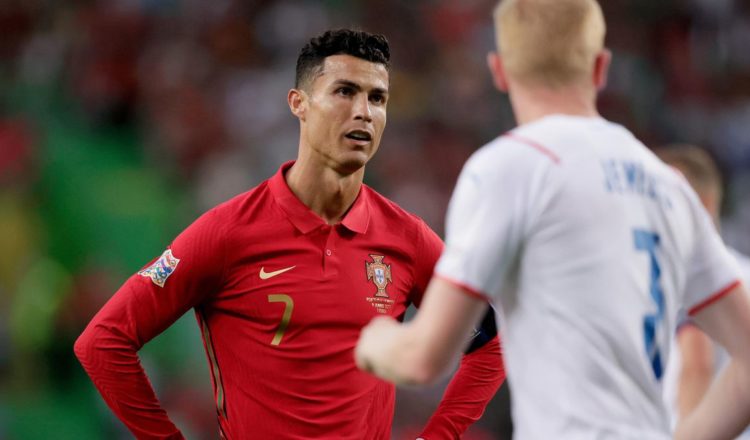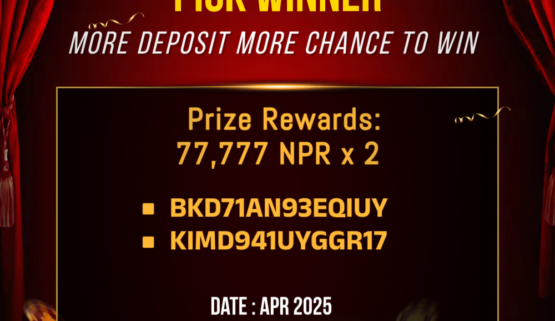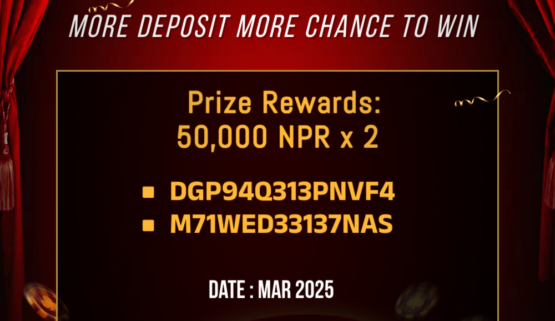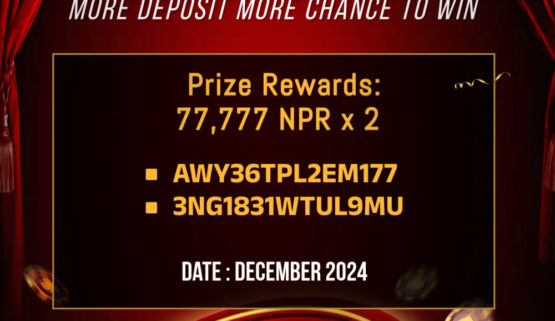
FRIDAY’S BIG STORIES
WOOOOAAH, WE’RE HALFWAY THERE
Quick Nations League question: without looking, who is winning? Come on, quickly quickly. “All nations are as one in the great brotherhood of humanity?” You’re stalling. “We should abolish the nation-state and destroy all borders?” Well, don’t let the Peace of Westphalia hear you saying that.
This question was brought to you by the Warm-Up’s sudden realisation, last night, that we didn’t precisely know. We’d been watching the games, obviously; we must have seen the tables. We sort of knew. And yet the actual information just hadn’t stuck. End-of-season fatigue, half-paced games, the confusing presence of some actual World Cup qualifiers: we’re not here to make excuses. (If we were, though, they’d be good ones.)
And the answers are quite interesting. We’re now just over halfway through this international break, and Group A2 played their third round of fixtures last night: Portugal defeated the Czech Republic and Spain overcame Switzerland.
Both remain undefeated, but Portugal are top of the group with seven points, two ahead of Spain. And now that everyone’s played everyone, it’s mildly interesting to note that the Portuguese have scored seven and only conceded one, whereas Spain have managed just four and have shipped three.
Small sample size? Of course. And the other A groups, having only played two games so far, are even smaller. Still, that shouldn’t stop us drawing some more wild conclusions. For instance, A1 appears to have been cut in half, then the two sides swapped. Denmark and Austria sit above France and Croatia. A3 has been struck with the same problem, as Italy and Hungary, who are not going to the World Cup, sit above Germany and England, who definitely are. And it says here that Wales, the greatest and most beautiful collection of humans ever to walk the earth, have no points from two games? That can’t be right.
It is, all things considered, something of a shame. What this shows, we think, is that the potential of the Nations League is still very much there. It is interesting to throw international teams together in little groups sorted roughly by strength; it is interesting to stick a trophy and a chance of qualification at the end of it. If these results were coming out of a normal international break, there’d be searching questions and pointed answers.
But football’s bloated, broken calendar, overstuffed and distorted by too much of everything all happening at the wrong times, has made this diverting curiosity into a curious distraction. Squeezed on the one hand by the knackering season that’s just come to an end, and on the other by the World Cup that’s looming in the middle distance. This time of year is for pre-tournament friendlies, which have a very different vibe – half-caution, half-panic – or for pictures of Jack Grealish on a sunlounger in Dubai smoking a burrito-sized cigar. Instead we’ve got a good idea being poorly served, and a lot of footballers being flogged through another couple of weeks of theoretically competitive football. It’s all a little overwhelming. And we only have to watch it.
IT’S HAPPENED AGAIN
Other opinions on the Nations League are available. For example, if Uefa suddenly decided to throw the whole competition into the sea and pretend it never happened, we’re pretty sure the Northern Irish FA would be right there alongside them, cackling maniacally as the tournament sank beneath the waves. Then walking away, whistling. “Nations League? Never heard of him.”
Before this mega-break began, Northern Ireland manager Ian Baraclough set his side the target of four wins from four. Then they lost, in miserable style, to Greece. Then they drew with Cyprus. And last night they went to Kosovo, and they lost again. 13 played. Zero won.
It’s enough to make you wonder about curses. How else to explain captain Steven Davis, a hugely experienced and theoretically sensible footballer, sticking his foot out for a ball he was never going to get, catching the man he was always going to catch. There was more life to Northern Ireland here than against Greece, and goals to go with it. But it would be tough to argue they deserved anything from the game.
It’s a young competition, and so Northern Ireland aren’t alone in their lack of victories. They’ve got Andorra and San Marino for company, which isn’t much surprise and might not be much comfort. But they’ve also got the Republic of Ireland and Iceland, at least for the moment. From this we can conclude that the curse, whatever it is, is centred around a point in the north Atlantic, somewhere on the Rockall Plateau. The football clearly isn’t working. Might be time for Northern Ireland to think about getting hold of an exorcist and a submarine.
MORE BAUBLES
Congratulations to Sam Kerr and Mo Salah for their PFA Players’ Player of the Year Awards. And if that sentence seems familiar, it’s because last month they both won the writers’ award. Football’s two great warring tribes, the players and the writers, coming together to agree that these two are the bestest of the best.
As Salah noted afterwards, this “is a really good one to win, especially because it’s voted by players. It shows you that you’ve worked really hard, and you get what you worked for.” This also makes it a little more interesting. We know how football writers feel about the game, because they tell us. Footballers are a little more mysterious. They do the work, but they don’t always tell us how they feel about how the work gets done.
At least, in theory. In practice, this season they have mostly been into really cool attacking players who score lots and lots of goals, a sentiment we can all share.
But if the players failed to do anything particularly intriguing this time around, we still got another episode of English football’s daftest tradition: the award of the Young Player of the Year to somebody that’s been around for, well, years. This time around, Manchester City youngsters Phil Foden and Lauren Hemp took the plaudits, and fair enough. Both have been great. But Foden won the same award last season; Hemp has won three of the last four. Both began the season as full internationals and established first-team players. Foden had already played more than 100 games for City, and Hemp more than 50, along with a full season for Bristol City.
The qualifying age limit was lowered in 2021 from 23 (at the beginning of the season) to 21, and just as well, otherwise Hemp would be chasing a five-for while Foden and Erling Haaland scrapped for the men’s award. But while the idea of a “Rookie of the Year” award may sound unacceptably American to delicate English sensibilities, it would help restore to the award some kind of purpose. As well as the age restriction we need another limit, to ensure that it’s a breakthrough season that get rewarded. Made their first team debut? Never played more than ten games in a season before? We’ll leave the precise details to the PFA. It’s their party. We’re just here to help.













